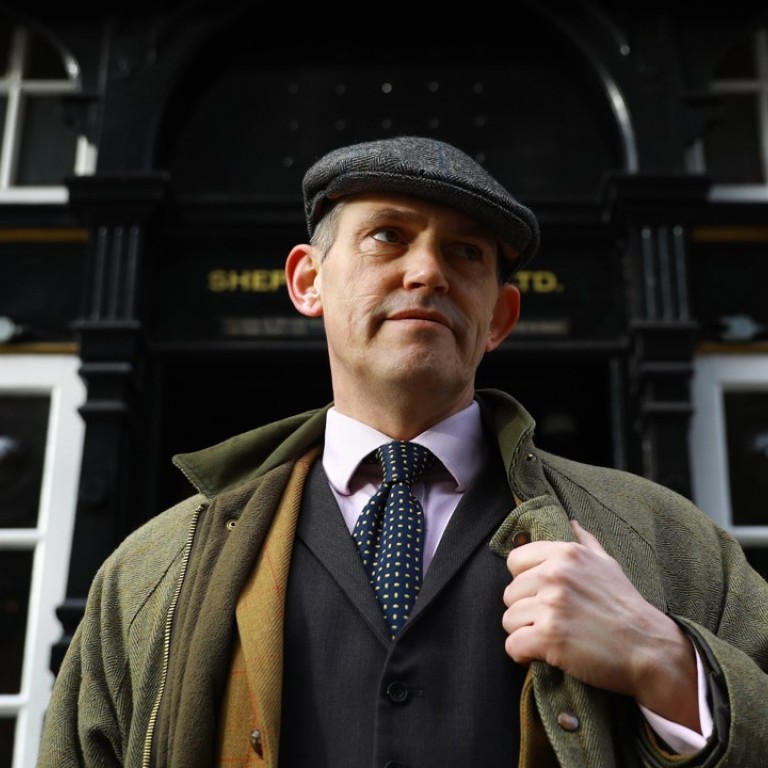
‘This is serious’: British Eurosceptics unveil plan for ‘Museum of Brexit’
The project’s secretary said it would be for academics and the general public, but pro-EU campaigners would not be invited to take part
A group of British Eurosceptics announced plans on Tuesday for a “Museum of Brexit” that will trace the history of anti-EU politics in Britain, calling for the public to donate items.
Organisers said they hoped to receive objects such as campaign posters and street stalls, as well as personal photographs and diaries at collection centres dotted around Britain.
Gawain Towler, the project’s secretary and a former spokesman for the UK Independence Party (UKIP), told AFP the museum would be for academics as well as the general public.
“There are a lot of institutes of European integration … The other side of the argument is well served in academia, whereas the side that won isn’t,” he said.
“Unless we start collecting, we’re going to lose a lot of the archival evidence.”
The museum itself would eventually be set up in “two or three years”, he said, adding that establishing it in the English city of Lincoln was a possibility.
Britain, which joined the European Economic Community in 1973, is planning to leave the European Union on March 29 next year after voting for Brexit in a historic 2016 referendum.
The referendum was the culmination of decades of campaigning by Eurosceptics, who rose to prominence in the 1990s when they undermined then prime minister John Major’s government.
Towler said the planned museum was “not really going to be competing with Alton Towers” – a popular theme park. But he hoped that schools would find it “a useful place to visit”.
It would include material from pro-EU campaigns as examples of EU “propaganda” but the focus would be on Euroscepticism, he said, and pro-EU campaigners would not be invited to take part.
“This is serious. This is our history. This is one of the seminal moments in British constitutional history,” he said.

.png?itok=arIb17P0)